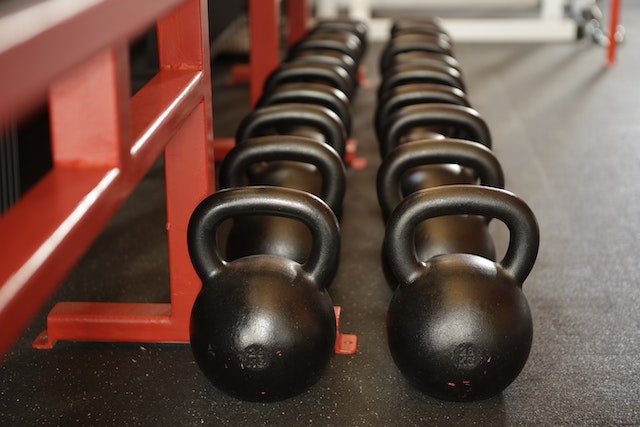Volunteer work can become a lifelong commitment for those who have discovered a passion for giving back. It is an opportunity to meet new people, have a new perspective on different places, and to help those who are less fortunate. There are hundreds if not thousands of organizations to volunteer with in locations worldwide, but where should one go? Keep in mind that some places may have different kinds of services and organizations available. Here are a few places to travel for volunteer work:
India
Despite a continued increase in economic growth and being a beautiful country, communities in India are still struggling with certain aspects of daily life. Some of these include proper housing, medical care, and access to clean water. Many hospitals and clinics need volunteers pertaining to dental and medical assistance as well as basic health, disease, and, of course, the pandemic.
South Africa
South Africa is not only known for its tourism, history and wildlife. It’s also known for its volunteer work concerning education, development, and conservation. This country is wonderful to both explore and work in to help the less fortunate. Volunteers can help with things like building construction and educational projects and activities for the youth.
Peru
Peru is very notable for its tourism spots like Machu Picchu and other ancient areas with gorgeous landmarks such as its mountains, beaches, and valleys. The country hosts an assortment of charity work and associations that help with water sanitation, farming, and healthcare.
Dr. Barbara R. Edwards, Princeton Internist, practices at Penn Medicine Princeton Health in the Penn Medicine Princeton Medical Center. She is also the Academic Director for the Ambulatory Residency Program at Penn Medicine Princeton Health.






